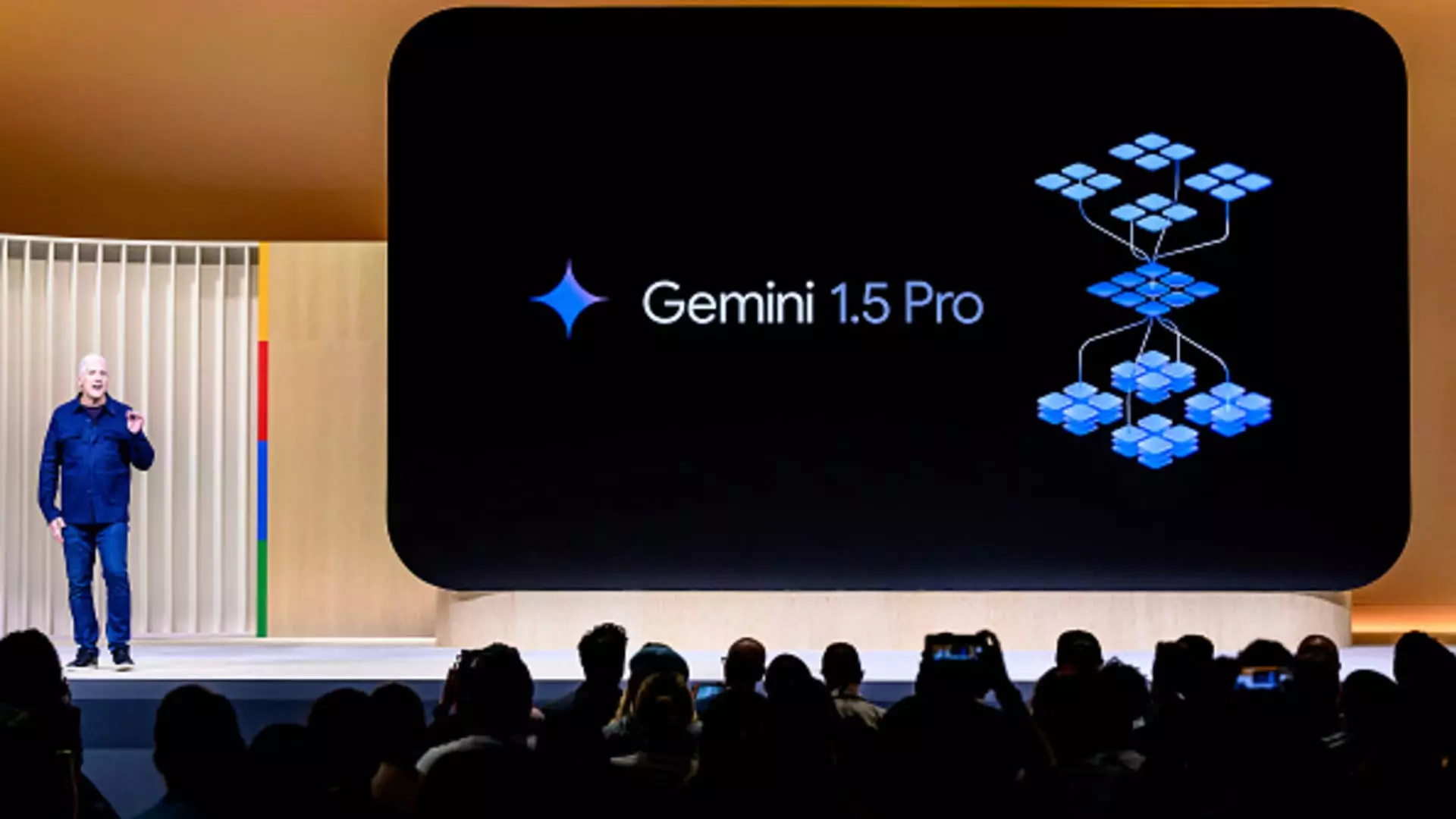During Google’s recent Pixel phone launch event, a product director named David Citron showcased the capabilities of the company’s new AI assistant, Gemini. The live demos at the event highlighted the advancements that Google has made in integrating artificial intelligence features into smartphone software. Despite some technical glitches during the presentation, the audience got a first-hand look at how AI technology is shaping the future of mobile devices.
In contrast to Google’s live demos, Apple has taken a more cautious approach to showcasing its AI capabilities. While the company has presented prerecorded videos to tease upcoming features, the actual release of these advancements has been limited to developers for testing purposes. Apple’s AI system, Apple Intelligence, is still undergoing experimentation, with key features like image generation and ChatGPT integration yet to be officially released to the public.
The Race Between Smartphone Market Leaders
As Google and Apple compete to integrate AI into their operating systems, the pressure is mounting for both companies to deliver cutting-edge technologies to their users. With the increasing demand for “Gen AI” capable smartphones, the competition between the two tech giants to dominate the AI market is becoming more intense. Google’s recent presentation of Gemini Live has set a new benchmark for AI assistants, showcasing advanced capabilities like natural language conversation and deep research assistance.
With generative AI making its way to smartphones, the landscape of AI processing is undergoing a significant transformation. Instead of relying on massive data centers to run complex AI models, devices are now equipped with the necessary hardware to process AI functions internally. Google’s emphasis on multimodal AI and integrated AI strategy demonstrates the company’s commitment to delivering a seamless AI experience to its users. This approach sets Google apart from Apple, which is still in the process of fine-tuning its AI capabilities for mainstream users.
The rivalry between Google and Apple in the field of artificial intelligence is driving innovation and pushing the boundaries of what AI assistants can do. While Google’s live demos showcase the immediacy of their AI features, Apple’s cautious approach indicates a desire for precision and perfection in their AI integration. As both companies continue to develop their AI technologies, consumers can look forward to a future where AI assistants play a central role in enhancing the user experience on mobile devices.


Leave a Reply